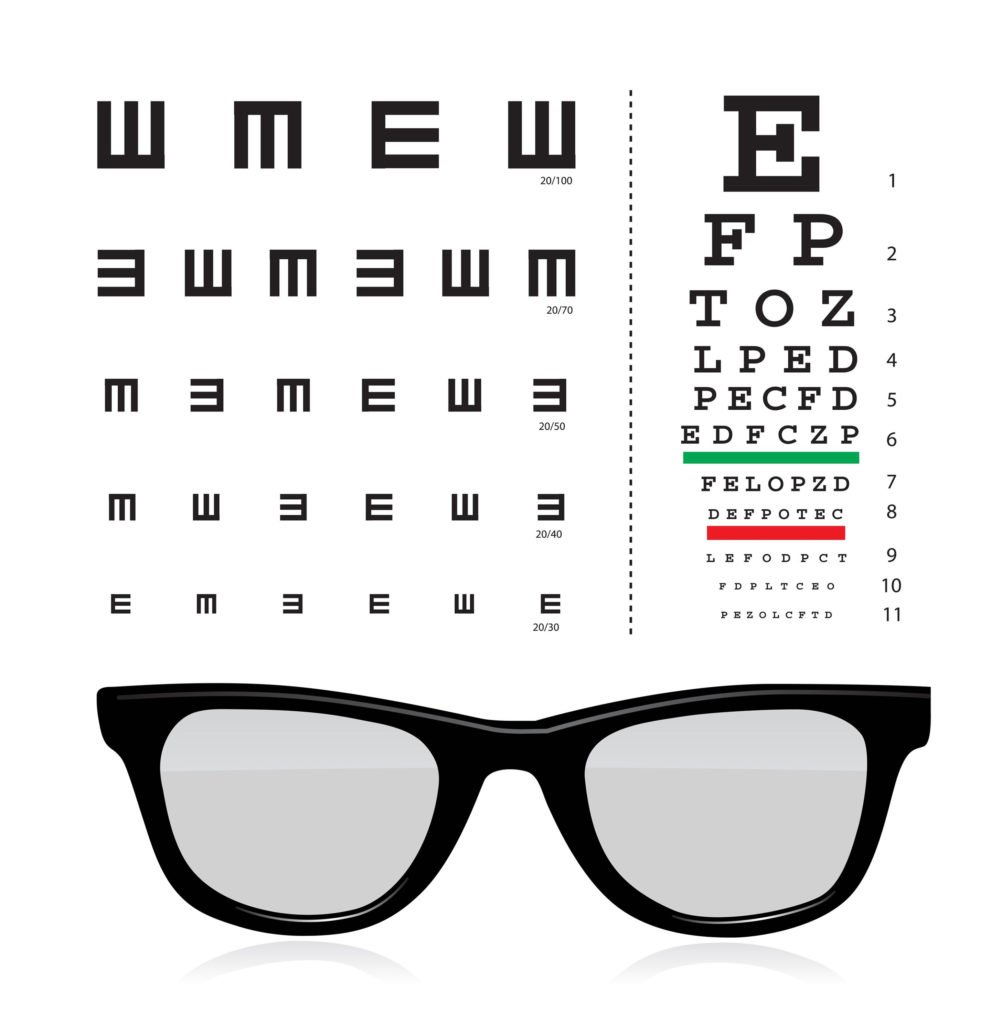Worldviews matter. They matter for you, your friends, children, family, co-workers, and for our culture as a whole. Because this topic is so important, we are launching a new blog series called “Owning Your Worldview.” In this first post, we want to explore the fundamental question – What is a Worldview? As we go along we will get to all of the practical implications of worldviews—how they work, how they are shaped, how many there are, etc.—but it’s really important to spend the time and effort in the beginning to come to a basic understanding of the concept of a worldview itself.
Defining a Worldview
As will become obvious shortly, everyone has a worldview. This fact is unavoidable. However, we are not always aware of what our worldview is and how it is affecting the way we think, behave, or relate to others. As Mary Poplin helpfully puts it, “Whatever worldview or worldviews we hold shape what we notice or ignore, how we interpret what we see and experience, how we process information, and ultimately what decisions we will make and how we will act. It is the lens through which we interpret reality and by which we reason” (Is Reality Secular?, 26–27). Think of a worldview like a pair of glasses or contact lenses that either bring reality into focus or distorts it. For as Ronald Nash points out, “Whether we know it or not—whether we like it or not—each of us has a worldview” (Worldviews in Conflict, 33).
The english term worldview comes from the german word Weltanschauung which was first used by the enlightenment philosopher Immanuel Kant in 1790 (for more on the history of how this concept developed, see Worldview: The History of a Concept by David Naugle). One of the leading thinkers writing on the topic of worldview today is James Sire. In his helpful book Naming the Elephant: Worldview as a Concept, he defines a worldview as:
Let’s break this definition down: First, worldview deals with an orientation of the heart. It’s important to recognize that worldviews don’t only deal with intellectual issues. Biblically speaking the heart is the “CEO” of our thoughts, emotions, will, and desires (cf. Prov. 4:23). Next, you can describe a worldview as a story / narrative or a set of assumptions about reality to which we are committed. You will also notice that worldviews are a mixture of true and false beliefs that sometimes we are aware of and sometimes we are not (this point is one of the main reasons we need to reflect on and work at shaping our worldviews). Lastly, we live out or act upon these heart commitments. In other words, if we are committed to a false narrative about reality (e.g., that moral truth is relative to individuals or cultures) and arrange our relationships and lives accordingly, that will have significant consequences—often painful ones.
“A commitment, a fundamental orientation of the heart, that can be expressed as a story or in a set of presuppositions (assumptions which may be true, partially true, or entirely false) which we hold (consciously or subconsciously, consistently or inconsistently) about the basic construction of reality, and that provides the foundation on which we live and move and have our being” (122).
Here are two other definitions that have been offered. Nash offers a helpful, short summary of a worldview as a “set of beliefs about the most important questions in life” (Nash, Worldviews in Conflict, 16). Similar to Sire, Michael Goheen and Craig Bartholomew offer that a “Worldview is an articulation of the basic beliefs embedded in a shared grand story that are rooted in a faith commitment and that give shape and direction to the while of our individual and corporate lives” (Living at the Crossroads, 23).
In short, a worldview is how a person asks and answers the biggest questions in life and then interprets reality and acts accordingly. We will look at some of those “big questions” we all ask in our next post in this series.
– Naming the Elephant by James Sire
– Hidden Worldviews by Steve Wilkins and Mark Sanford
– Think Christianly by Jonathan Morrow
– Engaging God’s World by Cornelius Plantinga, Jr.
Subscribe to the Intersection Podcast in iTunes
